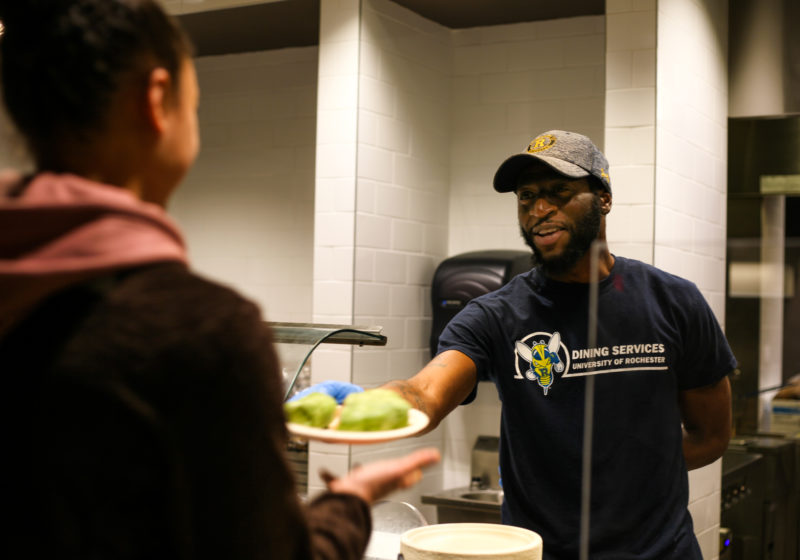Whenever we look toward assessing the responsibility of our food choices, our matrix tends to gravitate toward the buzzwords: “clean,” “local,” “organic,” “Fair Trade,” and the list goes on. Some of these qualifiers are easy to measure: we can understand the correlation between “food miles” traveled and greenhouse gas emissions; we can examine soil samples and determine how healthy it is based on its chemical and biological make-up; in short, we can investigate to the molecular level how our food is grown and how it impacts our environment.
However, we oftentimes forget one of the most valuable inputs into any food system: Labor. Historically, labor factors in the least to our narratives about food and food production. The exclusion of labor considerations leaves us narrow-sighted about how our consumption habits factor into exploitative practices. Labor and food are inextricably interwoven into the story of our food culture, and has lead us from the Agricultural Revolution at the dawn of settled human civilization to the globalized production and distribution of food we see today. We are built upon the knowledge, skill sets, and bodies of millions of workers from field to distributor to supermarket to kitchen, without whom our food system would collapse.
So how do we begin to look at our food differently when we begin to factor in all the work it takes to get to our plates (or reusable clamshells, anyone?). As one of the largest employers in Rochester, how can we recognize our own responsibility to the community?
For one: encouraging career development for dining workers at the University. Dining Services is now focusing on facilitating entrepreneurship and technical training within their staff. Dining workers can complete a chef certification program, for example, through their cooking experience in campus dining halls. Trained chefs at UR can sign off on certification manuals, which prepare upcoming chefs in a more official capacity and prepare workers for further career development. Dining service employees are encouraged to bring their own ideas to fruition as they experiment with new kinds of programs and recipes. Harvest Table’s pop-up events showcase the benefits and importance of variety within our diets, placing food education at the center of dining programs.
The first step toward responsible decision-making is recognizing that a tomato is not just a tomato, but is an amalgamation of all the work that it took to get that tomato to us. Encouraging fair practices for visible and invisible labor is just as important as reducing food miles and chemical inputs to our food system, and will ultimately lead to a healthier food system for us all.
Go green with Dining Team Green! Want more information on sustainability in dining? Follow us on Facebook, Instagram, and Twitter @ursustainibble. Contact us at urdiningteamgreen@gmail.com. We’d love to hear from you!
Photo provided by Yiyun Huang
Guest Post Written by Sophia McRae, Class of 2019, Dining Team Green Sustainability Intern

